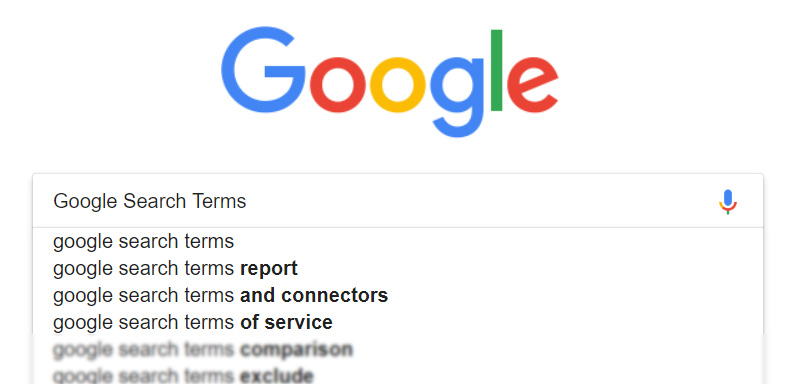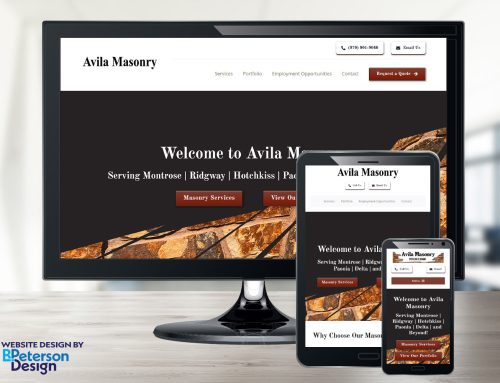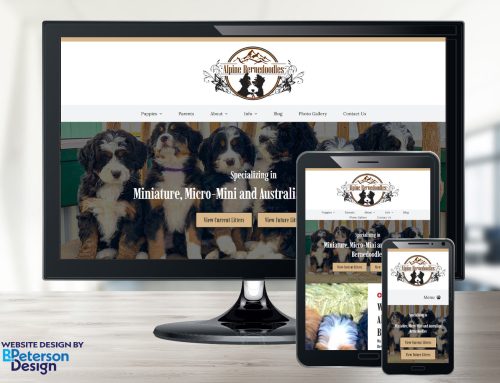We all want to be on the first page of Google naturally. When we ask clients what their goal is for their business website, they tell us, “I want it to be on the first page of Google Search Engine,”. While a fantastic goal, let’s scratch the surface of what the details of that goal truly entail. This will help you to build the correct foundation of being able to rank well on search engines, but has to do with much more than just your website.
Choosing Search Terms
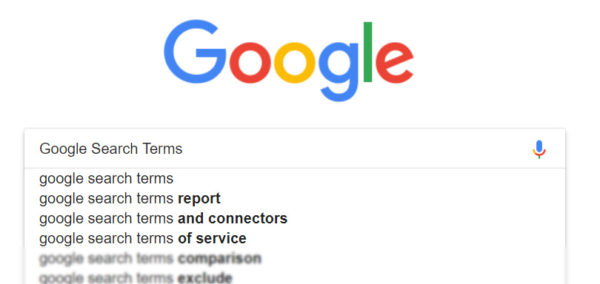
Narrowing down what search terms you want your website to come up for when a user searches is one of your first steps. Wanting to be on the first page of Google Search is great and all, but what will your users be searching for? This is when you will want to think like a customer. For example, an online costume store will probably want to come up on the first page of Google Search when someone searches for ‘Kids Costume‘. However, you want to get even more specific with your keywords to target more specific customers. If you sell a category of animal costumes for kids, you probably want one of your search phrases to be Kids Animal Costumes. Choosing specific and brief Keywords and Phrases needs to not only be related to your company and the services you offer, but chosen to target specific keywords and customers.
Create Original Content

One of the best things you can do to improve your site’s ranking on Google Search Engine is to ensure it contains valuable information that includes relevant keywords (used appropriately), that indicate the subject matter of your content. One of the worst things you can do is replicate content from another source without adding value and original data. Google wants to provide their users with the most relevant results. To do that, they must have the search results that add value to their user’s experience. If you are duplicating someone else’s content, what makes you the best result? It doesn’t. So creating quality and original content is key.

Mobile-Friendly Website
Google will penalize your website if it is not mobile-friendly, and will have significant negative impact in Google Search results. If you are not sure if your site is mobile-friendly, test it with Google’s Mobile-Friendly Test Tool.
This is where a responsive website design is beneficial. Your users aren’t limited to a computer, or a mobile phone, or a tablet. Your business caters to all your viewers on any device, and responds to all of them.
Location Matters
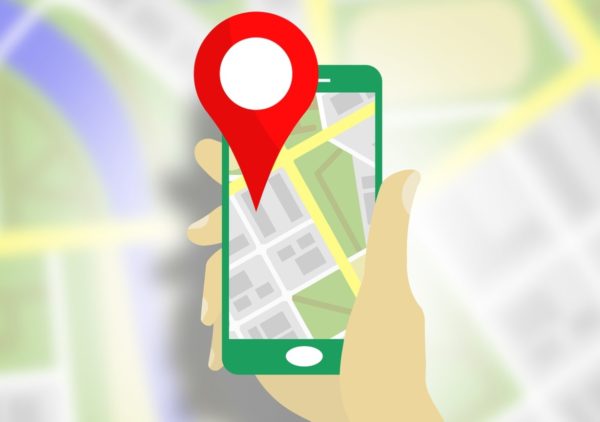
We can all agree Google is smart, no matter how many times we repeat ourselves to that Google Home Smart Speaker. When it comes to searching for something on Google.com, Google allows you to localize your search. So if you are searching for website design, you may notice website designers in your area pop-up first, organically. I say organically, because paid ads aren’t organic results. Google AdWords and PPC placement is not organic results. You have to pay to show up, this is not considered localizing your Google Search.
Meta Titles and Descriptions
Meta Titles and Descriptions are an important asset for supporting SEO (Search Engine Optimization). This is how you translate information about your website to search engines and their users (your target audience). It’s a useful snippet that Google may choose to display in their search engines.
If you enjoyed this article, checkout our article on “You’re Being Lied To: “We Can Put You On The First Page of Google!”
How can we assist you with growing your business? Contact Us and let’s talk about how we can utilize our specialties to grow your business.


